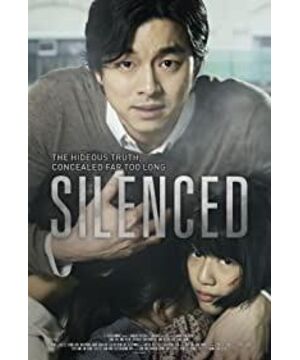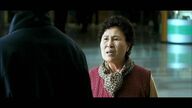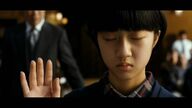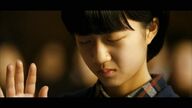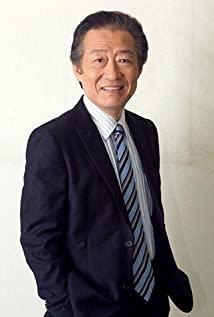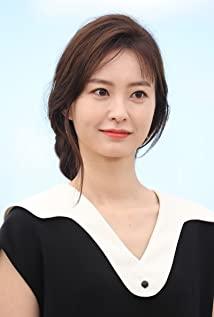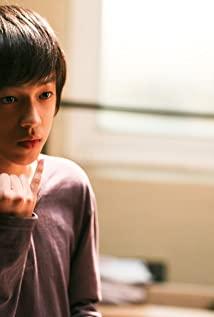When I watch this movie, I always think of last year's hit Japanese movie "Confession". Also reflecting social issues, "Confession" borrows a fictitious story and uses a lot of exaggerated and surreal shooting techniques to give people a strong visual impact. And "The Furnace" is based on a real case that happened in South Korea, and the film's narrative method is more realistic and cruel. The storyline is interlocking, the pacing is well-controlled, and the audience is not out of play. At least in terms of mobilizing my emotions, curiosity--angry--joy--hesitation--anger--sadness, my mood completely changes with the protagonist's mood. A movie that won't let people play is already a masterpiece, not to mention a movie that has mobilized so many emotional changes. It must be highly recommended. The place where the story takes place is located in a foggy place called "Wujin", which is a metaphor for the truth and people's conscience that are covered up by the fog. In terms of characters, the distinct personalities of the two protagonists echo their backgrounds and occupations, making them feel believable. Several children's performances are relaxed and shocking. Even the mother of the male protagonist is not a dispensable character. I think many people have a mother who will go to the bank to withdraw money and have to get new coins, who will be calculating to live. It makes people feel that the story is happening in ordinary people like us. On the human body, let the viewers torture themselves what I would do if I encountered such a thing. Compared with "Confession", I prefer this "The Furnace", I have always believed that the true story is the most powerful. The director's narrative style is smooth and not exaggerated, which is what I appreciate. Especially in terms of subject matter, "The Furnace" reflects more comprehensive issues than "Confession". There are issues of reflection on how to protect the interests of vulnerable groups, unspoken rules of the officialdom and unspoken rules of the workplace, and issues of mutual shirking of responsibilities between relevant departments. There are also interests and moral trade-offs. What is even more rare is that the film does not portray the protagonist as an invincible god of justice, nor does it say that because of the efforts of one or two people, these social problems will be solved, but put the status quo of the society we live in before everyone, let everyone to think.
When it comes to the subject matter, I remember that a week ago, Han Han posted three blog posts in a row, which won the support of the party media. The third one, "Be Free", mentioned the freedom of creators. There are times when I have a feeling of inferiority when watching Korean movies. Although there are always some friends who are very disdainful of Korean productions, it cannot be denied that the space for Korean filmmakers to create freely is really different from that of filmmakers in our country. Even in a warm movie like "Sunshine Sisters", you can make fun of democracy fighters at will, but we still hold on to the so-called movies that reflect social problems, otherwise we will say that you can't buy tickets for the Spring Festival, women who worship gold, and High house prices. And even the film and television works of this theme will be banned immediately once they have caused widespread discussion. "Dwelling" is a typical example. There are countless other themes that are either stillborn or self-castrated and self-shielded by creators. Our creators don't even dare to tell a modern story. It's too realistic, but the radio and television can't get through. It's too ideal. The audience says you are nonsense, so we can only tell ancient stories. There is also some historical basis. Jiang Wen's filming of the Vendor, and Tsui Hark talked about the turmoil in the Ming Dynasty, all of which are placed in ancient times. Of course, I don't think Tsui Hark's films have any meaning to borrow the past and satirize the present. I just wanted to say, are our costume movies a little too much? The costume comedies that make people laugh are endless, not to mention Zhang Yimou, who is addicted to costumes, Chen Kaige, who is extremely comfortable, and Zhang Li, who takes refuge in the main theme. In order to achieve both "serious subject matter" and "passable examination", everyone wisely turned their attention to distant history.
You know, compared to the Oscar for Best Foreign Language Film, the freedom of the creator is the supreme honor.
View more about
Silenced reviews


